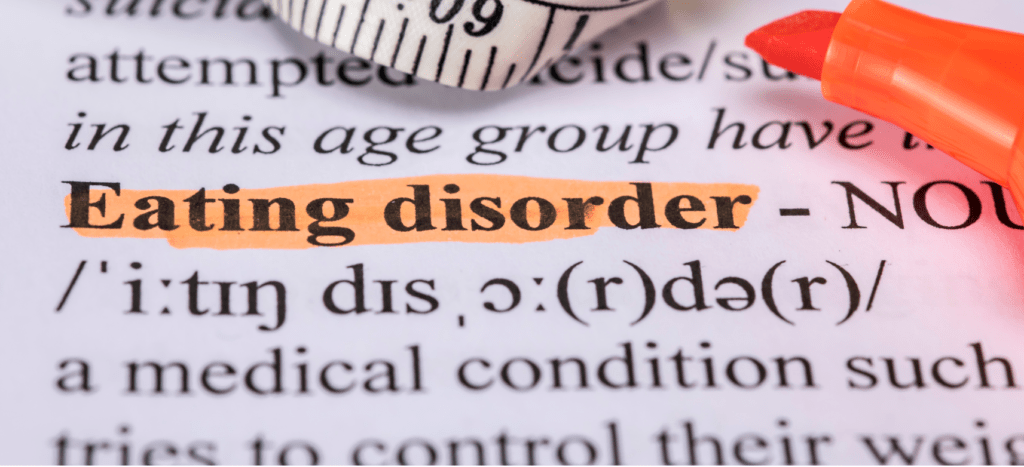Each year during the last week of February, we celebrate National Eating Disorders Awareness Week. It’s a great opportunity to shine a spotlight on these complex conditions.
National Eating Disorders Awareness Week provides a platform to accomplish 3 goals:
- Raise awareness of eating disorders
- Support those struggling with eating disorders
- Provide a platform to share eating disorder recovery resources with those who need them
This year’s theme is “Every Body Has a Seat at the Table.” We love this sentiment for two reasons. First, it promotes the idea that each person’s struggle with an eating disorder is unique, valid, and deserves attention.
Second, and most importantly, this year’s theme emphasizes the need to empower the marginalized voices that have traditionally been underrepresented in this field.
Eating disorders affect people of all backgrounds, ethnicities, gender identities, and sexualities. However, that reality and diversity are rarely reflected in how we treat and talk about eating disorders.
Luckily, organizations like the National Eating Disorders Association have initiated conversations that challenge old ways of thinking about eating disorders. To join that conversation, check out their video that features the experiences of marginalized individuals in this field.
It’s important to understand how inclusion in eating disorder discussions and access to care has been limited to certain populations solely based on who they are. If you want to educate yourself about how to elevate these underrepresented voices to actively represented ones, this video is the perfect place to start.
Eating Disorder Recovery During COVID-19
An occasion like National Eating Disorders Awareness Week has taken on even greater importance in the wake of COVID-19.
Research shows that the pandemic is stressing us out. If we think about eating disorders as a response to stress, or as a coping mechanism to certain stressors, you can imagine the additional struggles the pandemic has inflicted on people with an eating disorder.
Our new COVID-19 reality presents a variety of new triggers for anyone struggling with an eating disorder. Regardless of the type of eating disorder, conditions and symptoms are flaring under these difficult circumstances.
One of those unfortunate circumstances is the fact the pandemic has disrupted many patients’ ideal treatment scenario.
For example, some eating disorder patients benefit greatly from getting in-person care at a PHP or IOP facility. Practically overnight, COVID-19 took that option away from many patients.
Outpatient care or telehealth during COVID-19, as alternatives to PHP or IOP, may not be sufficient care in some cases. Eating disorder patients that relied on in-person treatment have been forced to navigate their condition in the isolation of quarantine.
Eating disorders can also manifest as an individual’s attempt to gain control in an environment where they lack autonomy or agency.
As you may have noticed, there are so many things about the pandemic that is out of our control. In the context of an eating disorder, individuals can’t control the fact that they can’t leave their house. They can’t control that they can’t see their friends or therapist. They may not be able to control that they’re quarantined with family members that contribute to their disordered eating.
Control is something we’ve all had to relinquish to some extent during the pandemic. However, it’s important to be mindful of how challenging or harmful that can be for individuals with an eating disorder.
Eating Disorder Recovery Resources
Though treatment may be disrupted and more challenging during the pandemic, there are still many helpful resources available online. We’ve gathered a mix of educational and support resources for people with eating disorders and people who care about someone with an eating disorder.
- Speak, message, or text the NEDA Helpline for eating disorder support, information on treatment options, and more
- NEDA’s Eating Disorders Screening Tool can help determine if you should seek professional help (appropriate for ages 13 and older)
- Learn about the intersection of disability and eating disorder recovery
- Learn about the importance of communication in eating disorder recovery
- Get back to the basics with this comprehensive “Eating Disorders 101” presentation
- Get more information on how to help someone struggling with an eating disorder
- Learn about eating disorders and co-occurring conditions


